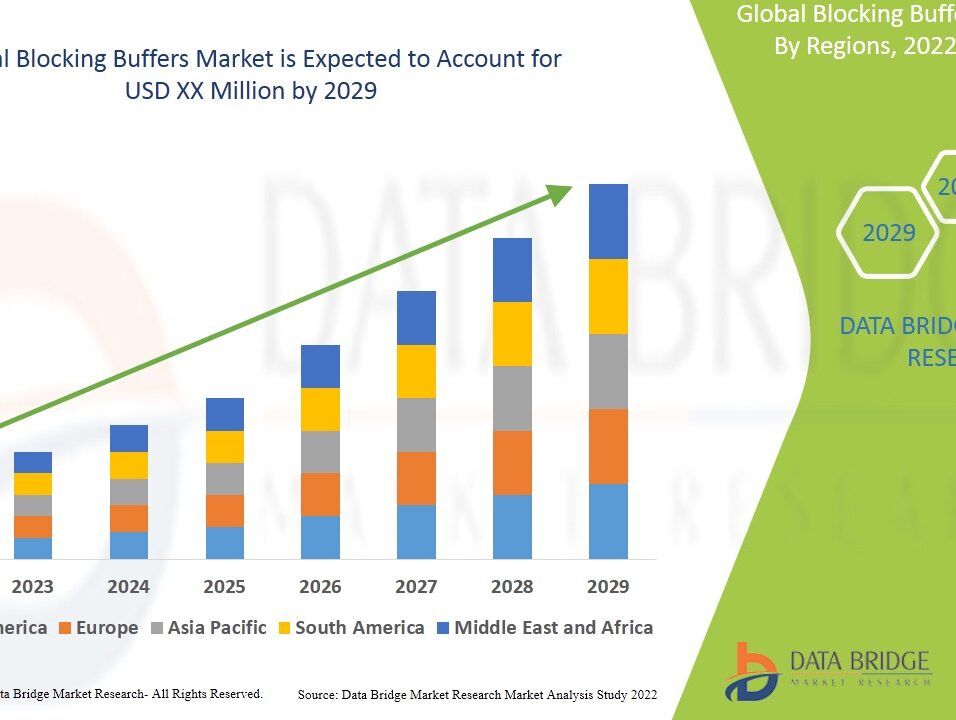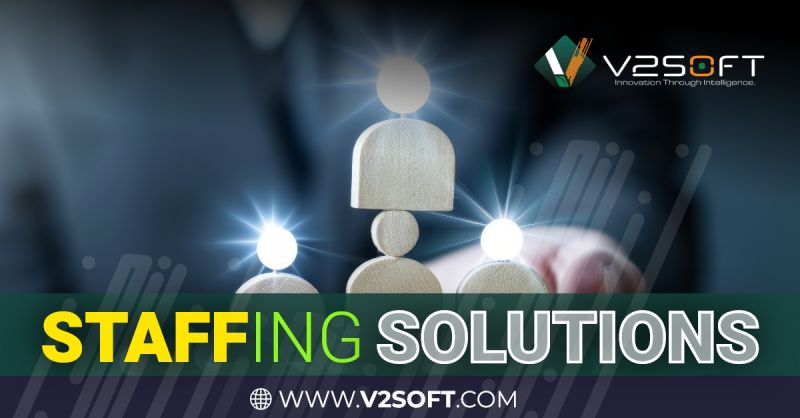WCAG Compliance Consultant: Ensuring Digital Accessibility
In today’s digital world, where the internet serves as a primary source of information, communication, and services, accessibility is more important than ever. The Web Content Accessibility Guidelines (WCAG) play a crucial role in making the web more inclusive. A WCAG compliance consultant helps organizations meet these guidelines, ensuring their websites, apps, and digital content are accessible to everyone, including people with disabilities. This article explores the role of a WCAG compliance consultant, their responsibilities, and why WCAG compliance is essential for businesses and users alike.
What is WCAG?
Introduction to WCAG
The Web Content Accessibility Guidelines (WCAG) are a set of standards developed by the World Wide Web Consortium (W3C) to ensure digital content is accessible to people with various disabilities. These guidelines are designed to help web designers, developers, and content creators build websites that everyone can use, including those with visual, auditory, motor, or cognitive impairments.
WCAG is structured around four principles:
Do you want to visit Char Dham? Char Dham Travel Agent is the best place to plan your Char Dham tour. You can book the tour from here.
- Perceivable: Information must be presented in ways users can perceive (e.g., text alternatives for images, accessible multimedia).
- Operable: Users must be able to navigate and interact with content, even if they have limited physical abilities (e.g., keyboard navigation, accessible forms).
- Understandable: Content must be presented in ways that users can comprehend (e.g., clear and simple language, predictable interfaces).
- Robust: Content must be compatible with current and future technologies, including assistive devices.
The guidelines are categorized into three levels of compliance: A (minimum), AA (mid-range), and AAA (ideal). For most websites, aiming for AA compliance is recommended.
The Role of a WCAG Compliance Consultant
What Does a WCAG Compliance Consultant Do?
A WCAG Compliance Consultant specializes in helping organizations adhere to WCAG standards. They conduct audits, provide strategic advice, and help implement solutions to ensure that a website or app is accessible to individuals with disabilities. Consultants bring expert knowledge of both the technical and legal aspects of digital accessibility, which is essential for achieving compliance.
Key responsibilities of a WCAG compliance consultant include:
Would you like to visit Indiar? A tour operator in India is the best place to plan your tour. You can book a tour from here.
1. Conducting Accessibility Audits
One of the primary tasks of a WCAG consultant is to perform thorough accessibility audits on websites, mobile applications, and other digital content. This involves using both automated tools and manual testing techniques to identify areas that do not meet WCAG criteria. Consultants look at various accessibility issues, including color contrast, alt text for images, keyboard navigation, form accessibility, and content clarity.
2. Providing Recommendations for Improvement
Once the audit is complete, the consultant provides a detailed report outlining all accessibility issues found, along with actionable recommendations for addressing them. This may involve suggesting design changes, code adjustments, or even recommending new tools or plugins that can help improve accessibility.
3. Implementing WCAG Compliance Solutions
A consultant not only identifies problems but also helps implement solutions to meet WCAG standards. This could involve collaborating with designers, developers, and content creators to ensure that content is accessible to all users. Consultants may also assist in integrating assistive technologies like screen readers, text-to-speech tools, or speech recognition software into digital platforms.
Would you like to visit Haridwar? Travel agents in Haridwar are the best place to plan your trip. You can book your tour right here.
4. Training Teams and Raising Awareness
Ensuring long-term compliance requires ongoing effort. WCAG compliance consultants often provide training for internal teams—such as designers, developers, and content creators—on how to build and maintain accessible digital content. They may also conduct workshops and awareness programs to educate stakeholders about the importance of web accessibility and its impact on users.
5. Ensuring Legal Compliance
With an increasing number of accessibility lawsuits, adhering to WCAG standards is not only about ensuring inclusivity but also mitigating legal risks. Many countries have laws that require digital accessibility, such as the Americans with Disabilities Act (ADA) in the United States or the Equality Act 2010 in the United Kingdom. A WCAG compliance consultant helps businesses avoid legal pitfalls by ensuring their digital content complies with relevant laws and regulations.
Why WCAG Compliance Matters
The Importance of Accessibility
Web accessibility is not just about meeting legal requirements or avoiding lawsuits. It is about ensuring that everyone, regardless of their abilities, can access and use digital content. The global population of people with disabilities is large and diverse, and failing to make websites and apps accessible to them creates barriers to information and services.
In addition to moral and legal obligations, accessible websites and apps can lead to a variety of benefits for businesses, including:
1. Wider Audience Reach
Making digital content accessible means reaching a broader audience, including individuals with disabilities who represent a significant portion of the population. By adhering to WCAG guidelines, businesses can engage a wider customer base and potentially increase their revenue.
2. Enhanced User Experience
Accessibility improvements often lead to a better overall user experience. For instance, clear navigation, well-structured content, and readable text can benefit not only people with disabilities but also older adults and individuals with temporary impairments (e.g., a broken hand). These improvements can help keep users engaged, reduce bounce rates, and encourage repeat visits.
3. SEO Benefits
Search engine optimization (SEO) and accessibility often go hand in hand. For example, providing alt text for images or creating structured, easy-to-follow content helps both users and search engines understand a website. WCAG compliance can, therefore, contribute to better rankings in search results.
4. Brand Reputation and Trust
Complying with accessibility standards demonstrates a commitment to inclusivity and social responsibility. Businesses that prioritize accessibility gain respect from customers, employees, and the broader community, building trust and improving brand reputation.
5. Avoiding Legal Risks
As mentioned earlier, legal compliance is a significant factor in WCAG adherence. Failing to meet accessibility standards could result in costly lawsuits or penalties. A WCAG consultant helps reduce this risk by ensuring digital content is accessible and compliant with relevant laws. Find Out More about how a WCAG consultant can help safeguard your website.
Conclusion
Hiring a WCAG compliance consultant is an essential step for businesses that want to create accessible, user-friendly digital experiences. These experts not only help organizations meet the technical requirements of the Web Content Accessibility Guidelines but also guide them through the broader ethical and legal considerations surrounding digital accessibility.
As the internet continues to evolve and expand, ensuring that everyone, regardless of ability, can participate in the digital world is more crucial than ever. By working with a WCAG compliance consultant, businesses can not only meet legal requirements but also foster inclusivity, improve user experiences, and grow their audience—creating a more accessible web for all.







